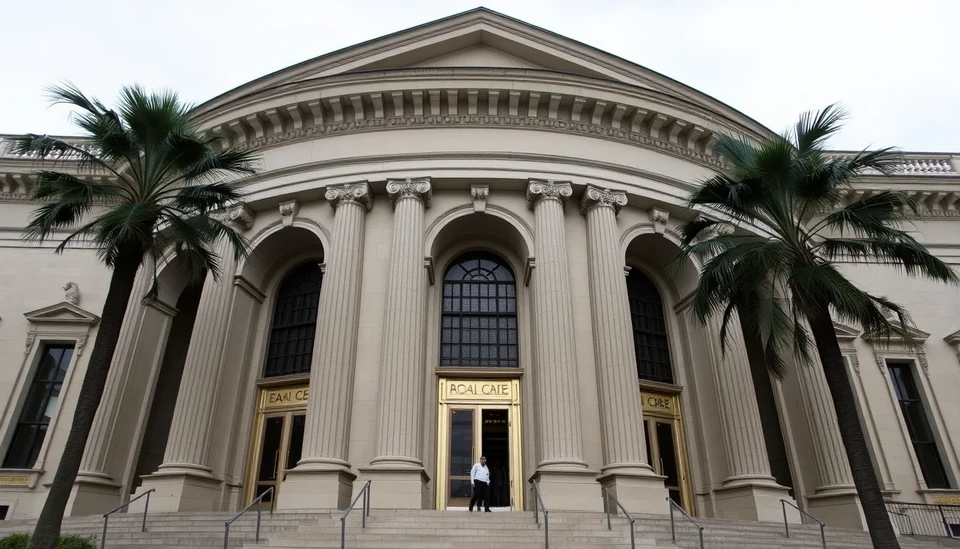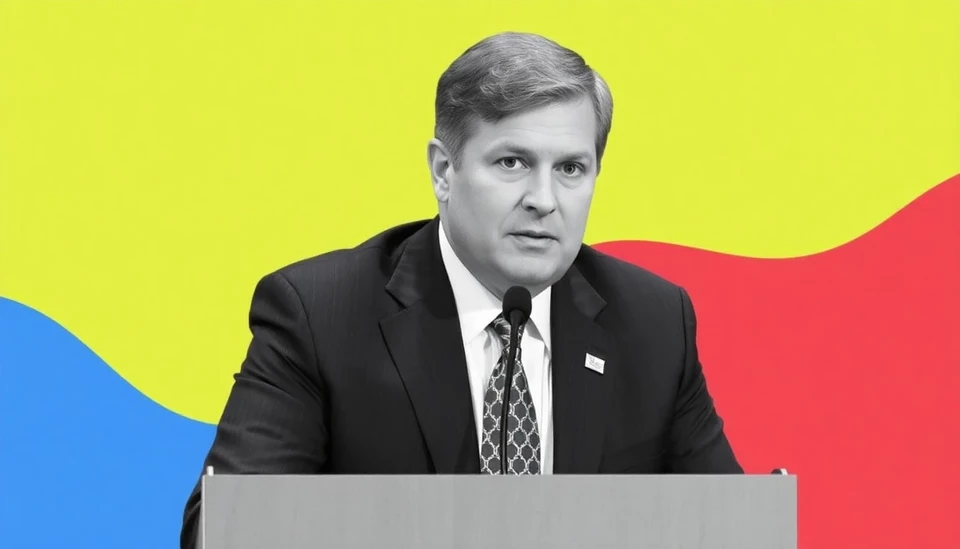
In a strategic move to address the economic landscape, Argentina's central bank has announced a reduction in its key interest rate from 33% down to 29%. This adjustment comes on the heels of a slowdown in the country’s crawling peg exchange rate mechanism, which the government has utilized to manage inflation and stabilize the economy.
The decision was finalized during the most recent meeting of the monetary policy committee, where board members indicated that this lowered rate reflects a cautious approach amidst growing concerns regarding the economy's health. The crawling peg system, a method that allows a gradual depreciation of the currency to cope with inflation, is currently under scrutiny as economic indices show signs of faltering. The central bank noted that the rate cut aims to strike a balance between fostering economic growth and controlling inflationary pressures.
In recent months, the nation's inflation rate has surged, prompting the bank to take swift action to restore investor confidence and stimulate economic activity. Many analysts express mixed feelings about the rate cut; while some believe it could support credit expansion and consumer spending, others warn that it might further exacerbate the already high inflation levels if not managed judiciously.
The political backdrop also plays a significant role in these developments, as Argentina prepares for upcoming elections. Economic stability is paramount for candidates looking to secure public support. The new measures taken by the central bank are seen as a critical step to improve the economic outlook, at least in the short term, as the government grapples with public discontent due to the ongoing financial crisis.
With inflation hitting levels above 100%, Argentina confronts a daunting economic reality. In this context, the central bank’s decision is being closely monitored not only by local experts but also by international financial markets, which are keen on understanding the long-term implications of such a policy shift. Observers argue that without substantial economic reform, the impact of the key rate cut may be short-lived.
Overall, while the rate cut may provide immediate relief for some economic sectors, it is essential for the Argentine government to pursue comprehensive strategies and reforms that address the root causes of inflation and economic instability. As the situation evolves, the focus will remain on the intersection of monetary policy, fiscal responsibility, and political strategy.
Argentina's ability to stabilize its economy would be essential for future growth and to regain the trust of both domestic and international financial communities.
#Argentina #CentralBank #InterestRate #Economy #Inflation #CrawlingPeg #EconomicPolicy #Finance #Investment #Election2023
Author: Daniel Foster




